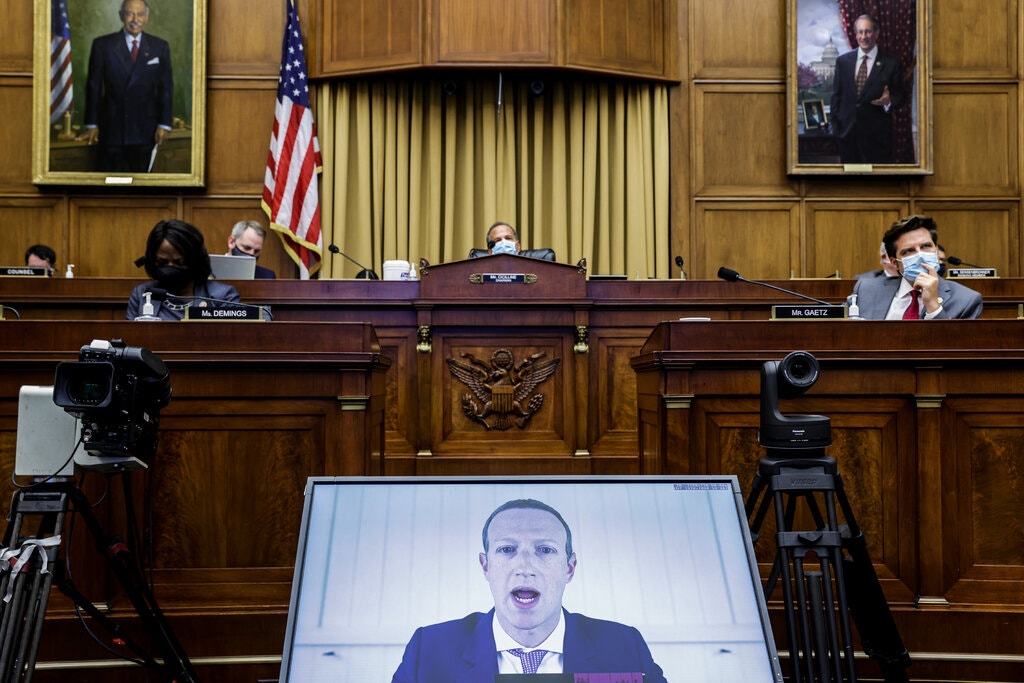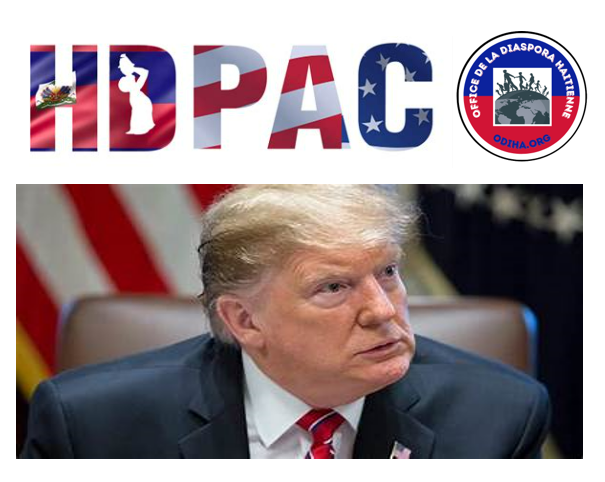Big tech provides services we cannot live without. It is ubiquitous and our lives revolve around it. Should one company be allowed to dominate the space and prevent competition that could advantageous to consumers? Should we break up Facebook to smaller pieces, divest it of WhatsApp and Instagram?
Big Tech – December 9, 2020
TrueNewsBlog-TNB
BY: Nathaniel Ballantyne
In 1890, 20 years after John Rockefeller co-founded Standard Oil, Congress nearly unanimously passed the first antitrust legislation, the Sherman Antitrust Act. Today, 16 years after Mark Zuckerberg started The Facebook as a Harvard sophomore, attorneys general from 46 states, Washington D.C. and Guam and the Trump administration sued the social media giant in an effort to make it spin off its messaging service WhatsApp and the photo-sharing app Instagram.
Antitrust legislation is something both Republicans and Democrats have supported . During the 130 years since the Sherman Act, Congress expanded the scope of antitrust legislation, often uniting free-market advocates who say big monopolies are antithetical to competition and labor groups who say they hurt workers. It’s been used to break up tobacco companies and AT&T.
Microsoft was almost broken in two after losing an antitrust suit in the 1990s. Robert Bork pretty much defined how antitrust lawsuits work in the U.S. today, an approach that elevates consumer well-being over pretty much everything else Big technology companies are bipartisan targets. Trump supporter Sen. Josh Hawley and progressive Sens. Elizabeth Warren and Bernie Sanders have been vocal opponents of big technology companies and their market power.
In October the Trump administration, along with a handful of GOP states sued Google, accusing it of abusing its market power to stifle competition. House Democrats have proposed overhauling antitrust laws to make it easier to break up tech companies.
The lawsuits are the latest marker of a stunning reputational fall for tech companies. Less than a decade ago, former president Barack Obama held a town hall at Facebook’s Palo Alto headquarters. Zuckerberg and company executives at Google, Amazon and Apple, which are all under scrutiny, are among the wealthiest people in the world. Their products and services are ubiquitous in our lives, all the more so as Covid has pushed more of us to rely on technology in the absence of in-person interaction. Now, in a moment when Republicans and Democrats can hardly agree on anything, not even the pandemic, they’ve found a common enemy.






